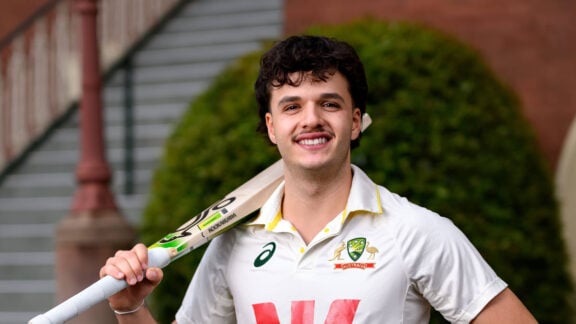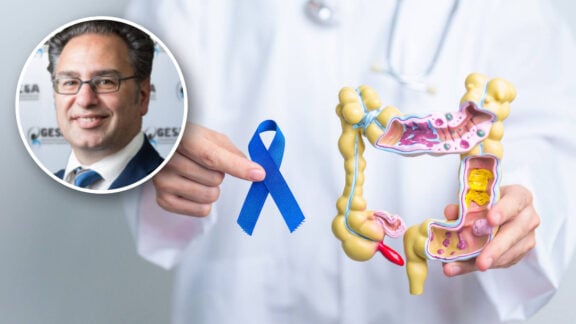In an Australian first, couple Leanna and Theo Loutas are celebrating the arrival of their child, little Bonnie Mable, conceived via a new clinical procedure to treat infertility.
Leanna and Theo struggled for two years to fall pregnant, trying various treatment methods including IVF, but they were determined to not give up, alongside UNSW Sydney and the Royal Hospital for Women.
Then came a breakthrough, Leanna was offered Capacitation in-vitro maturation (CAPA-IVM), a new treatment that involves retrieving immature eggs and maturing them in cell culture. It is just two days of harvesting eggs and removes the need for the patient to undergo two weeks of hormone injections.
The Royal Hospital for Women in Sydney is the fifth location in the world to offer IVM, getting approval in 2021, with 42 women having undergone the procedure since then.
Bonnie’s delivery brings hope that thousands of women across Australia can experience motherhood, those with polycystic ovarian syndrome (PCOS), cancer fighters and survivors, who are at risk when undergoing IVF.
IVM is less restrictive on lifestyle than IVF, meaning Leanna would travel to see her family over the holidays.
“It’s an incredible feeling, it’s something you always think about, but it’s hard to describe; it’s like nothing else matters now, just her, everything else in your life just goes out the window,” Leanna told Sydney Morning Herald.
“We didn’t want to get our hopes up because it’s so new, but the best part about this now is that she’s here she’s giving hope to so many people.
“Everyone is congratulating us, but all credit goes to the people who made this possible, we’re just the lucky ones who now have our Bonnie,” Theo said.
One of those people who made it possible is IVM architect and University of NSW Professor Rob Gilchrist, who said there is real hope to expand this further.
“IVF is something that some women don’t tolerate very well and still has relatively low success rates and while IVF has had tremendous results, in that has produced millions of children around the world, it’s a tough journey for the couple,” he said.
“The woman has to take a lot of drugs – she even has to take the drugs when she’s not the one who is infertile, if it is her partner; they have to self-inject every day, sometimes for many weeks and often for multiple cycles, and four times out of five IVF is not successful. We are changing that.”
Clinicians from all over the country are visiting the hospital in Sydney to learn about the process.









